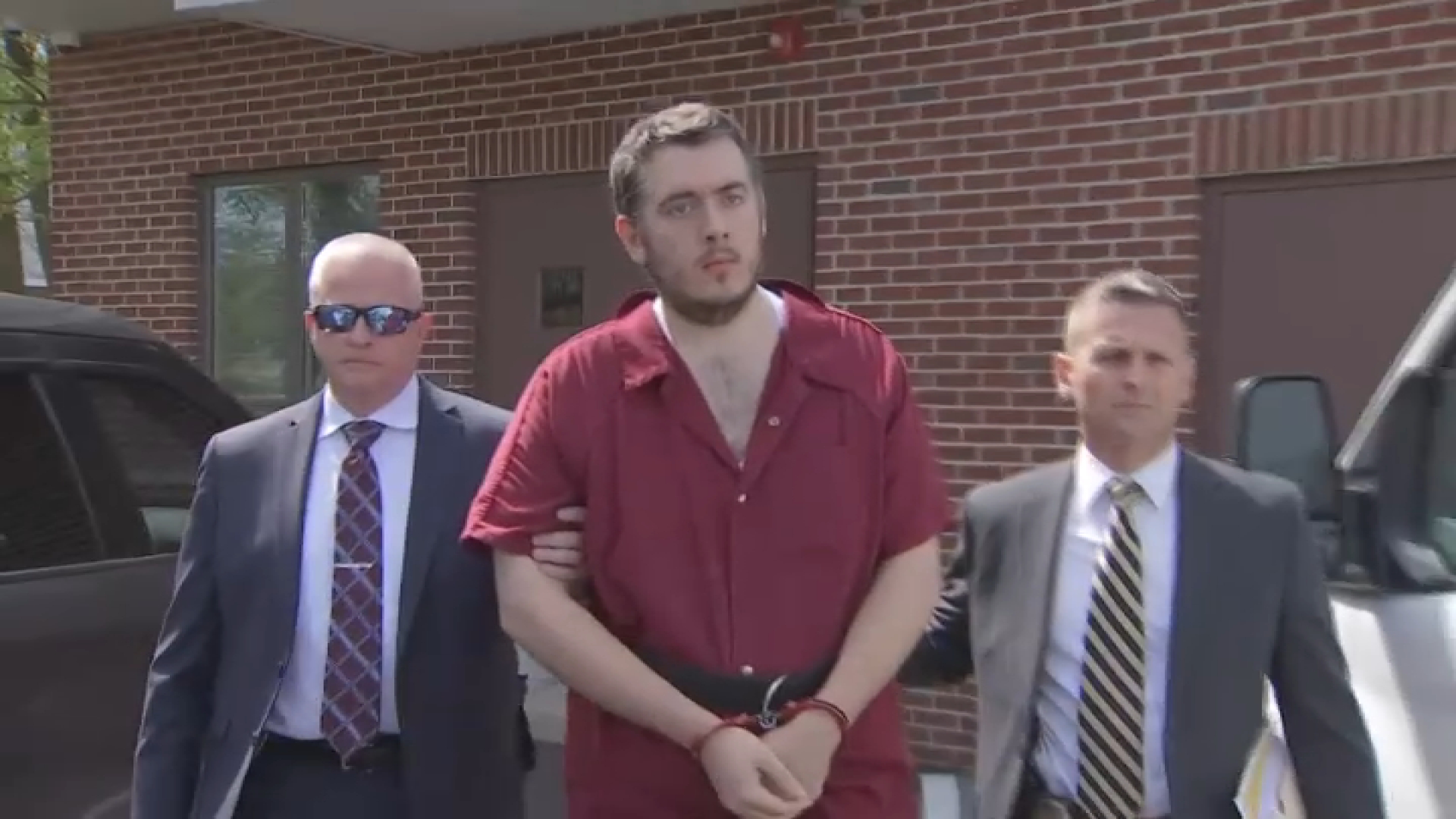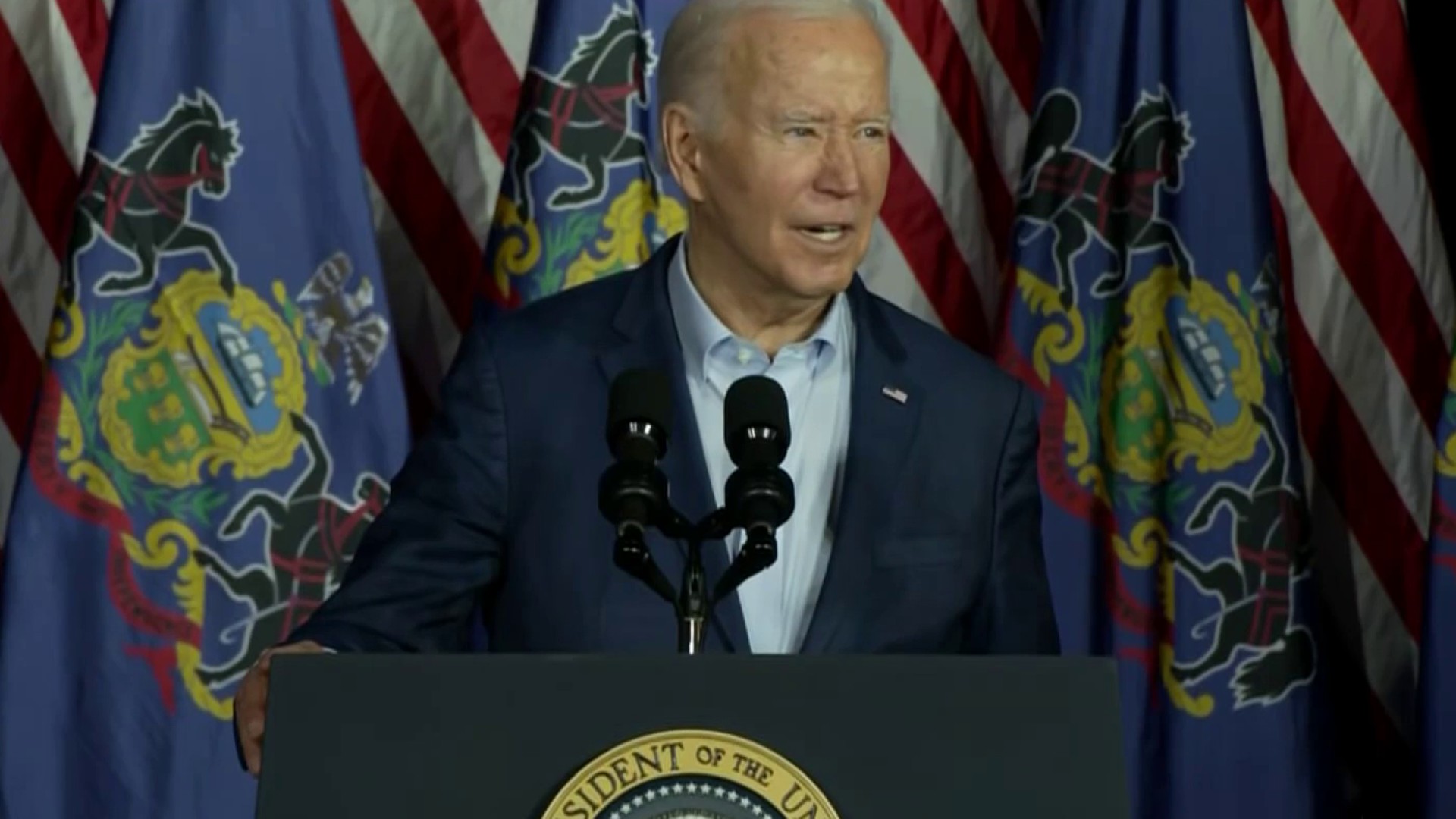On a cold, drizzly night in January, nearly 50 strangers showed up at the Clibanoff's Main Line home. But the crowd didn't shock the family of four, who opened their doors for a living room concert -- an entertainment trend that is spreading throughout Philadelphia and the world.
"The renaissance of the salon is brewing," said Andrew Clibanoff, the head of the household.
For their first show featuring Suzie Brown in February 2013, the family selected 80 names from the guest list of their son's bar mitzvah celebration to invite into their home.
"There weren't any barriers between the performers and the patrons," Clibanoff said. "It was intimate, it was indie. It promoted a type of music experience that offered both us and the artist attention."
A year later, more than 400 people are on the Clibanoff's mailing list.
"It harkens back to a more simplistic way of enjoying entertainment," said George Stanford, a Los Angeles-based, Philadelphia-bred musician who performed at the Clibanoff home on Jan. 10. "It was very relaxed, very conversational."
And in Philadelphia, there are even more people embracing the personal, yet pared down, experience a living room concert offers.
Local
Breaking news and the stories that matter to your neighborhood.
“I have a local mailing list together and right now we are at about 600 people,” said Carolyn Lederach, the Philly area coordinator for London-based Sofar Sounds.
At Sofar shows and the Clibanoff home, donations are encouraged, but not required.
Any money collected goes directly to the artists after covering incidental expenses, like paying for any equipment rental.
The Philadelphia chapter, which launched in November 2011 with a show in the city’s Fishtown neighborhood, follows the guidelines established by the London branch.
“We don’t announce the lineup or where it is going to be. You don’t know who is coming except for you and your one guest,” said Rafe Offer, Sofar Sounds co-founder. “The secrecy revolves around the gigs because we want an intimate space.”
“So often people are talking, texting, looking at their work emails and you hear the clanging of the bar in the background [at traditional venues],” he added. “In our house concerts, we just ask people to respect the music.”
The mindset resonates with both hosts and musicians.
"It is becoming clear that musicians and patrons alike are finding it harder and harder to connect at live events," said Clibanoff, who added that the proliferation of cell phones are partly to blame. "They promote standing up and shooting videos, texting, social media posting, and phone conversations between friends.”
“Musical entertainment has been devalued to a larger degree and the mobile device is king,” said Stanford, while recalling a recent performance where a man stood in front of him while talking on the phone.
And the growth of Sofar since its inception shows music enthusiasts are ready to trade in stadium seating for a spot on the living room floor.
“It just sort of spread because people said I believe what you believe,” Offer said.
Offer describes the first London event, which had eight people in attendance, as “almost a joke.”
But they continued to setup house concerts, attracting artists like Bastille to perform more than two years prior to the group's appearance on Saturday Night Live.
Sofar continued to gain steam and, in 2011, the music movement came to New York and Paris.
Offer says 1,000 people typically RSVP for the New York City shows, where most house concerts accommodate around 50 people.
Los Angeles and Houston, followed closely behind by Philadelphia, were the next American cities to join.
By March 2014, music lovers can catch a Sofar show in nearly 70 cities throughout the world.
The organization began as a serious hobby for Offer and fellow cofounders, Rocky Start and David Alexander. But its growth has led the group to try to begin exploring how to transition Sofar into a business.
They recently released a compilation album and are researching a "pay-what-you-want subscription" for attending the shows, Offer said.
Despite the increasing interest, the dynamic of a living room concert creates challenges.
“To find somebody who is opening up their house to strangers is not easy,” Offer said.
Policies and checkpoints are in place to help establish and maintain a safe environment in each home.
For instance, everyone who subscribes to the mailing list must tell Sofar a little bit about themselves so they can get a sense of their relationship with music and the type of guest they might be.
No alcohol is served, although people are permitted to bring their own beverages.
“If someone comes and decides to get really drunk, they are probably not the right guest,” said Offer, who added that Sofar curates the guest list so unruly attendees can be flagged.
Lederach says there have not been any security or safety issues at any of the 16 Philadelphia shows, while Clibanoff says he makes it a point to get to know everyone who walks through his door.
Regardless of the concerns, the demand for house concerts continues to build.
More than 125 people already expressed interested in the approximately 50 spots available at the upcoming Sofar Philly show on March 22, when British band To Kill A King will play -- a performance the group revealed on its Facebook page.
The Clibanoff home will have its first double bill in April.
"To have musicians in your home, I'm sitting in my chair pinching myself," Clibanoff said. "I'll remember this event when they are performing on Saturday Night Live."
Contact Alison Burdo at 610.668.5635, alison.burdo@nbcuni.com or follow @NewsBurd on Twitter.



